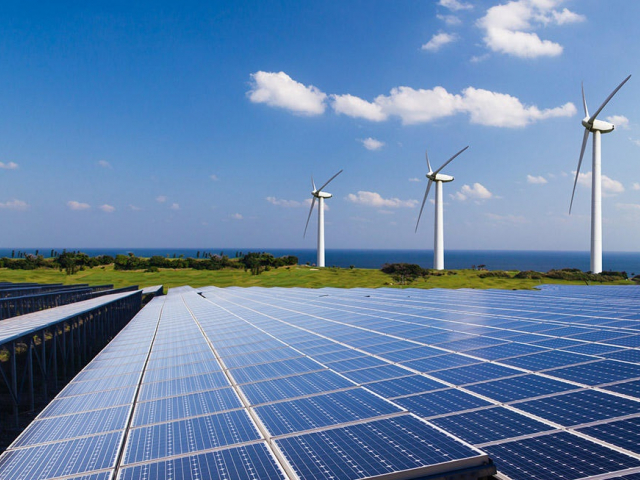
Gas demand to exceed oil demand
According to the latest estimates provided by BP, global demand for energy is likely to surge by 30% by 2035. Fossil energy sources may take leading positions in the global fuel and energy industry. They may account for about 75% of all energy supplies. Today, this indicator totals 86%. In addition, the amount of renewable energy capacity (mainly solar and wind power) is growing all around the world. Renewable energy is likely to become the main driver of future growth in the energy sector. However, now, gas demand prevails over demand for oil. Higher production of liquefied natural gas (LGN) is shaping the global gas market. Notably, the US shale industry has a significant influence on the gas market. According to BP’s forecasts, by 2035, the shale gas development may provide two thirds of its supplies to the global market. “Natural gas grows more quickly than either oil or coal over the outlook, with demand growing an average 1.6% a year,” Spencer Dale pinpointed.

Development of petrochemical industry
In the next 20 years, the petrochemical industry may show a significant rise caused by a bigger number of electric cars in the world. Thanks to this fact, demand for oil is likely to soar by 2030. Spencer Dale supposes that in the 2030s, demand for hydrocarbons could be boosted by the use of raw materials in the production of petrochemical products (for example, plastic). At the same time, various types of transport are likely to consume less fuel than they do now, thus entailing serious changes in the global energy sector.

Green energy becomes of high priority
According to Spencer Dale, in the near future, green energy may grow fourfold. Specialists in this field think that renewable energy sources are the fastest-growing segment of the global energy industry. BP predicts that in the next 20 years, consumption of renewable energy will jump four times. Spencer Dale is sure that the high economic efficiency of solar and wind energy production will allow these types of energy to become as attractive for investors as gas and coal are.

Rising popularity of carpooling and car-sharing
Experts at BP foresee that by 2035, the number of electric vehicles in the world may advance to 100 million. This accounts for 5-6% of the global automobile fleet. Against this background, self-driving cars are likely to be in great demand. In addition, more and more people prefer such means of using cars as carpooling (more than one person travels in a car) and car-sharing (a short-term car rent). Spencer Dale thinks that this may lead to dramatic changes in the car industry. The development of the market of self-driving cars as well as popularization of carpooling and car-sharing may result in a sharp drop in global oil consumption, he pinpoints.

China’s intention to become carbon neutral
Today, China is the world’s largest consumer of coal. That is why its decision not to use coal may considerably affect the whole world. If China becomes carbon neutral, the global commodity market is likely to slump. Experts at BP predict that by the mid-20s, demand for coal may reach its peak. The mounting demand could be triggered by China’s switch to environmentally friendly fuels. At the moment, the country’s authorities are actively working on the issue.
 English
English 
 Русский
Русский Bahasa Indonesia
Bahasa Indonesia Bahasa Malay
Bahasa Malay ไทย
ไทย Español
Español Deutsch
Deutsch Български
Български Français
Français Tiếng Việt
Tiếng Việt 中文
中文 বাংলা
বাংলা हिन्दी
हिन्दी Čeština
Čeština Українська
Українська Română
Română
